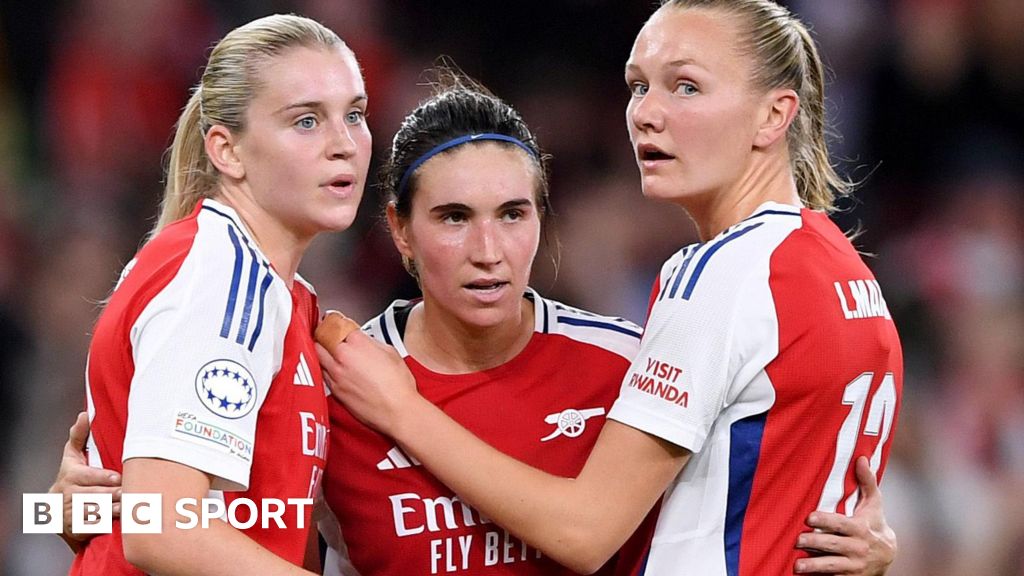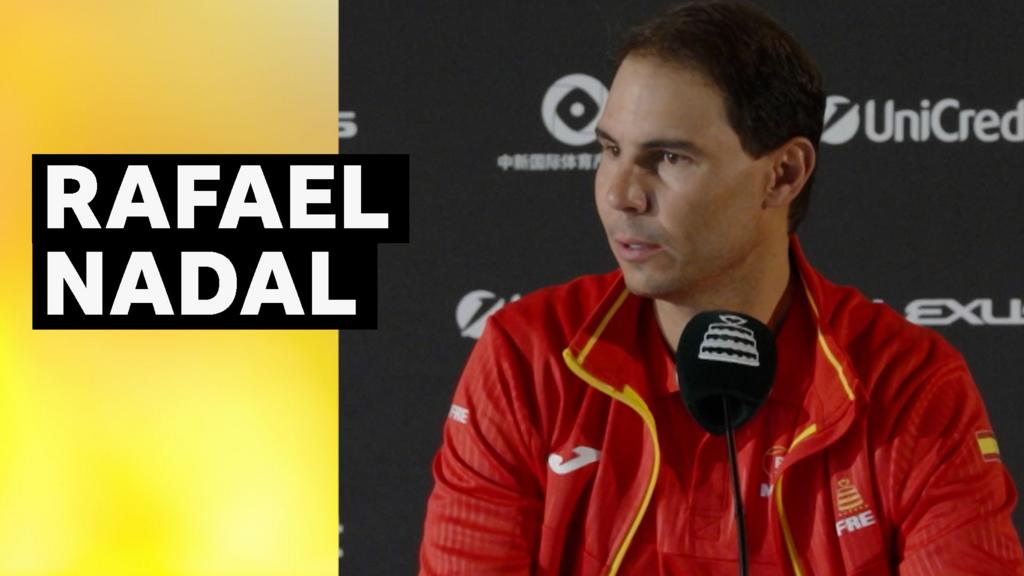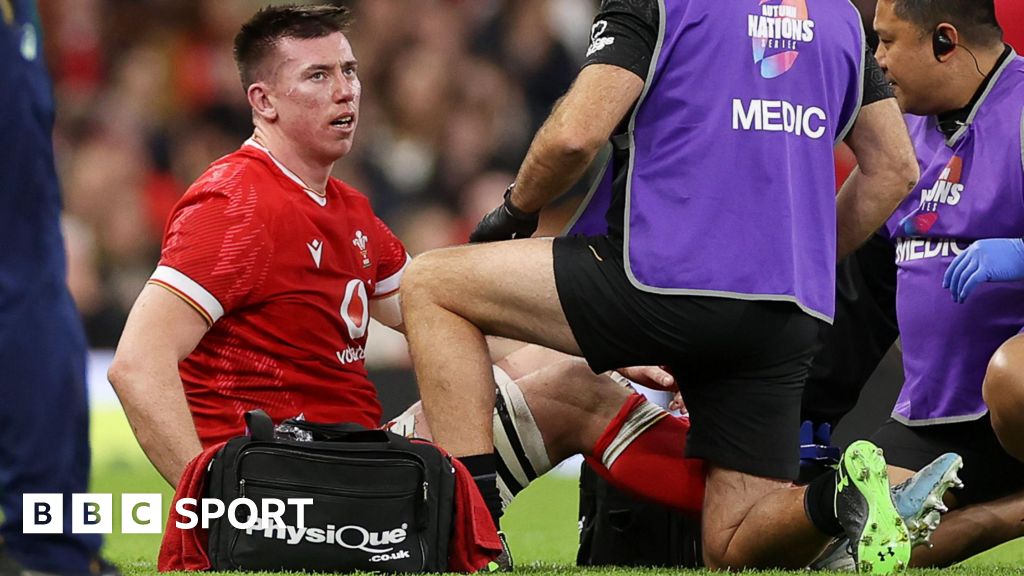ARTICLE AD BOX
Sir Andrew Strauss has warned that English cricket may need more than just incremental change if it wants to produce a quality men's Test team.
Applications to become the new managing director of England cricket opened on Monday but interim boss Strauss says the side will "not become brilliant overnight".
England were beaten 4-0 in their recent Ashes series in Australia.
"The results do not lie," former England captain Strauss told the BBC.
"We have been number one in the world in Test cricket for 12 months in the last 42 years. Small incremental change isn't going to make the difference we need.
"We need to be bold and ambitious."
Strauss left his role as managing director in 2018 following the death of his wife Ruth, but returned to replace his successor Ashley Giles after the fallout from the disappointing Ashes series down under.
Head coach Chris Silverwood was also relieved of his position in February. He was responsible for both the red and white-ball teams, as well as having final say on selection.
Strauss also chaired the England and Wales Cricket Board (ECB) cricket committee that recommended a full independent review into the domestic English game.
The 45-year-old says time is "ticking" as England look for a new managing director, who will also have the final say on appointing a head coach.
He added: "There is a slight ticking clock in terms of the start of the international summer at the beginning of June and we want to get that person in position.
"It will be their decision around the coach and/or coaches as well, which hopefully will also be in position by the start of the summer, but there is a bit of time pressure for us to make that happen.
"It's going to be his [the new managing director's] team and so he has to look at how he wants to structure the England high performance department. Whether he goes down the single coach or two coach model.
"He has to have the people that he feels can work with him and has a similar philosophy."
Asked who the new managing director may be, and whether they would have to be English, Strauss said: "I've always been uneasy in saying overseas candidates cannot do the role.
"But what a time to get involved. It is very rare you get the opportunity to start with a blank piece of paper and this person is going to have that.
"Despite the doom and gloom around English cricket, there are a lot of good players out there. We are not going to become brilliant overnight but I think we have a lot of the raw ingredients in place."
Strauss, who is currently with the side on their tour of the West Indies, went on to say England should be aiming to dominate all formats of the game.
"While a lot of the focus post-Ashes has been on red-ball cricket and the domestic structure, our project is broader than that," he said.
"Our ambition has to be for us to be the best team in all formats. We have the ability to do that, and in order for that to happen, we have to look at the whole system.
"We have to accept we have never had a system that has produced that.
"Whatever your focus on red-ball cricket, it's like a Rubik's Cube and it affects white-ball cricket. You cannot look at them in isolation, you have to look at them together.
"The game around us have been moving very quickly. Not just our international players, but our domestic players are playing a lot of cricket abroad in the winter and it's time to ask what our role is in all of this.
"How do we protect our own system but also enhance that system?"
England drew the opening Test of their three-match series against West Indies. The second Test begins in Barbados on 16 March.
Analysis
BBC chief cricket correspondent Jonathan Agnew
As far as the review is concerned, I think Andrew Strauss is realistic. He's been part of review processes in the past which have had lots of ideas, but nothing has changed. That feels like it's going to be the case now.
There are TV contracts in place, still the same 18 county system that votes these changes through or not. What he did say, which I agree with - now is the time where there does have to be change. So it'll be interesting to see what happens on that front.
The process for the managing director - that is going to be quick, and has to be quick, to have it in place before the coach or coaches are selected.
Clearly there's a lot of work to be done on that front, and has to be done quickly. Clearly the managing director is going to be in a very influential position, not least to decide whether there is one coach or two.
But as far as the structure of English cricket is concerned, that is a massive, massive challenge, with all the self-interest involved.
And while there's a lot of positive talk from Strauss about that - the reality is that it'll be very difficult indeed to get meaningful change made.

 2 years ago
23
2 years ago
23








 English (US)
English (US)